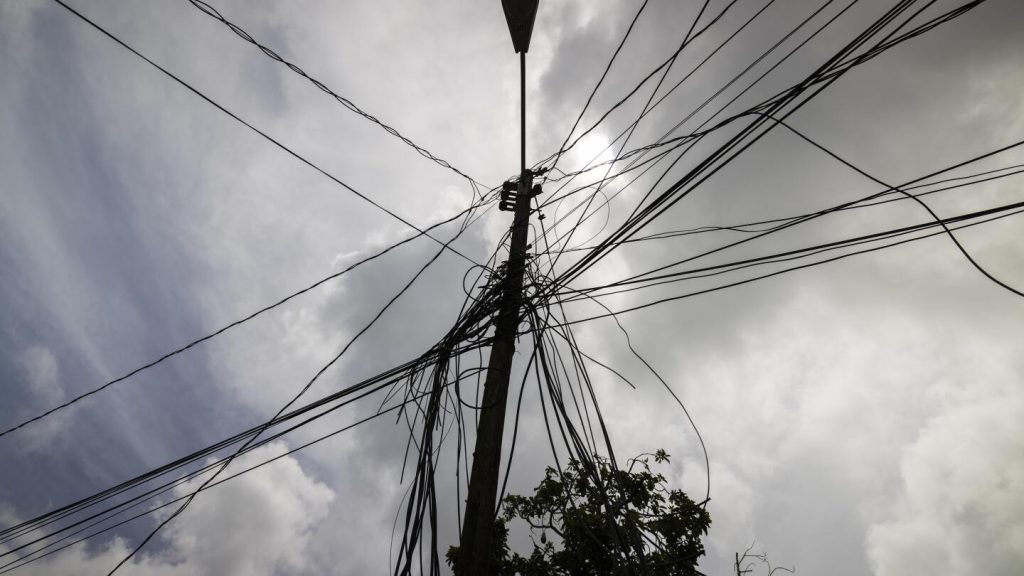The towns of Santa Isabel, Coamo, and Aibonito in central and southern Puerto Rico are facing a prolonged power outage that began over a week ago. The outage was caused by the collapse of a transformer that had exceeded its useful life. This has left tens of thousands of residents without power, disrupting water service and coinciding with daily excessive heat warnings. The situation has prompted authorities to activate an emergency response team and request food distribution for those in need. Repair efforts by Luma Energy, the company that operates transmission and distribution for Puerto Rico’s power authority, are expected to take over a month, sparking anger among residents and calls for a state of emergency declaration by Governor Pedro Pierluisi.
More than 40% of Puerto Rico’s 3.2 million residents live below the poverty level, making it difficult for many to afford generators or replace costly electric appliances that may have been damaged by the outages. Numerous individuals like Carmen Franco, a 68-year-old resident, have faced challenges such as spoiled food due to refrigerator failures caused by voltage issues. The lack of electricity has also impacted healthcare access, with residents like Carlos Ávila struggling to reach their doctors for necessary prescriptions. Local officials in towns such as Coamo have been working to provide support and resources to residents, including converting a music school into a kitchen to prepare and distribute meals.
Puerto Rico’s ongoing challenges with power outages stem from its reliance on power plants that use coal, petroleum, and natural gas for electricity generation. Efforts to transition to renewable energy sources have been slow-paced, with only 3% of the island’s electricity coming from sustainable sources. The federal control board overseeing the island’s finances has contested the net-metering policy, which compensates solar-equipped households for their contributions to the grid. This legal challenge could impede the adoption of solar and battery systems, particularly in low-income communities, hindering progress towards renewable energy goals.
The impact of the power outage is especially harsh on vulnerable populations, such as the elderly. Madelyn Vives, a 52-year-old caretaker, highlighted the challenges facing older residents, including her father who is unable to walk. Vives mentioned the difficulties in obtaining meals for her family and prioritizing her father’s needs. Puerto Rico has been grappling with power reliability issues since Hurricane María devastated the island in 2017, crippling its already fragile grid. The recent outage has persisted longer than most, underscoring the urgent need for improved infrastructure and energy solutions. Residents, officials, and advocates are calling for effective measures to address the power crisis and support communities that are struggling to cope with the ongoing challenges.


